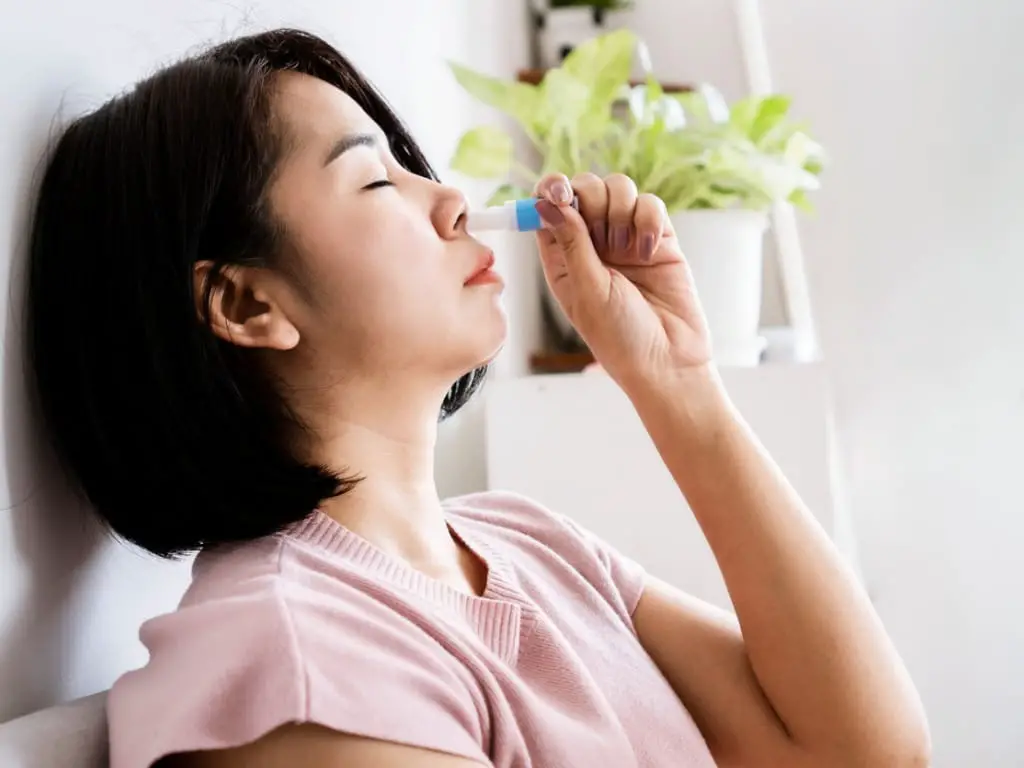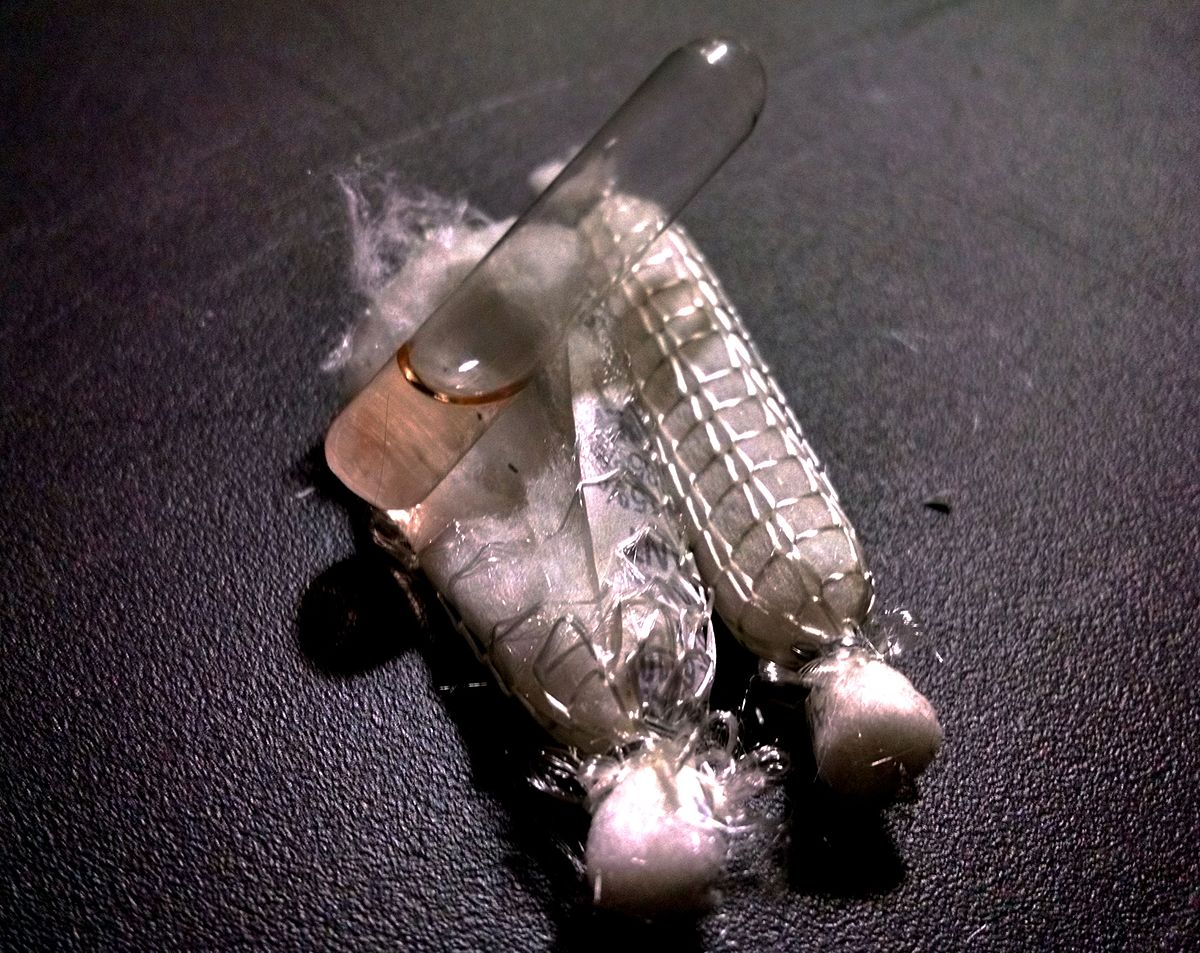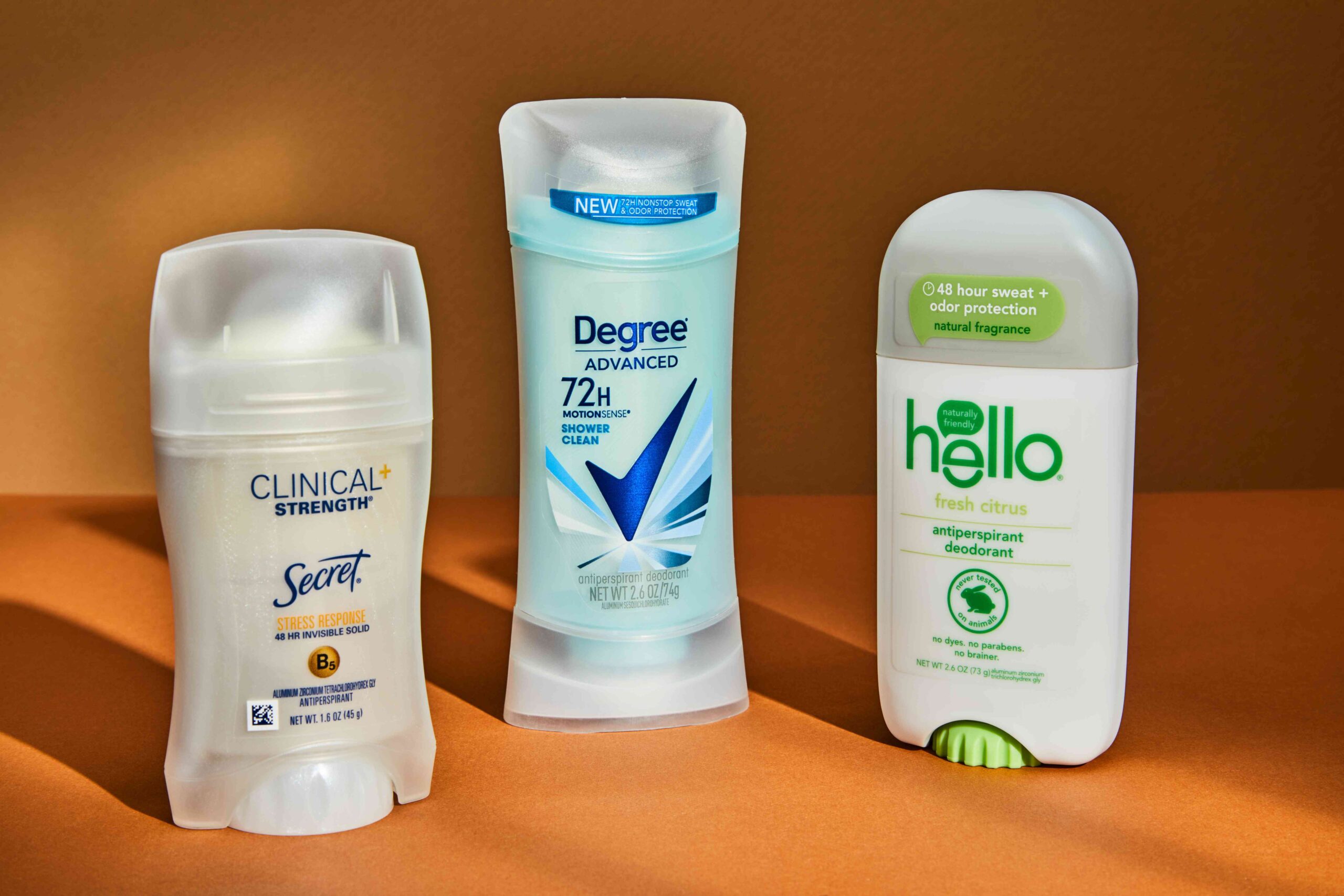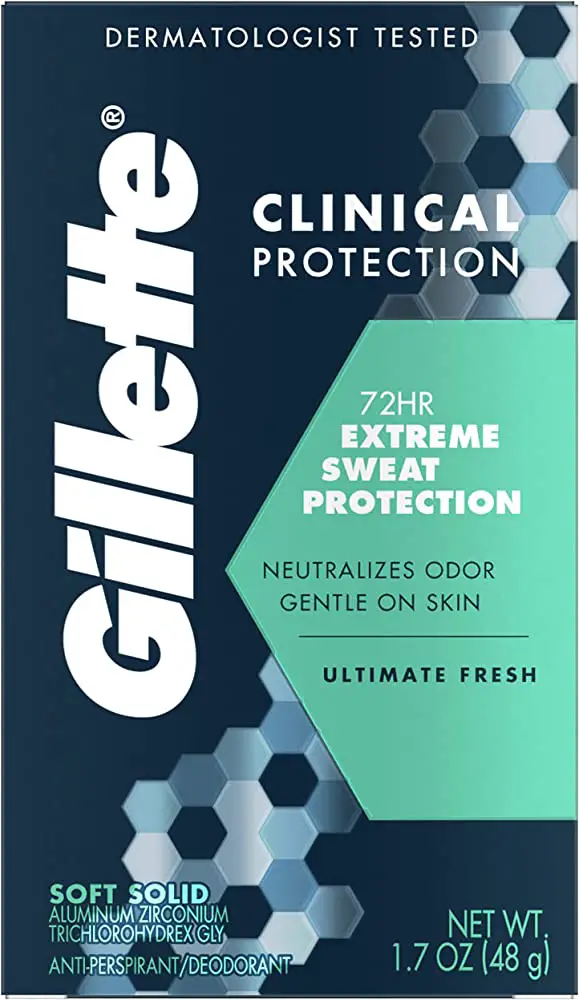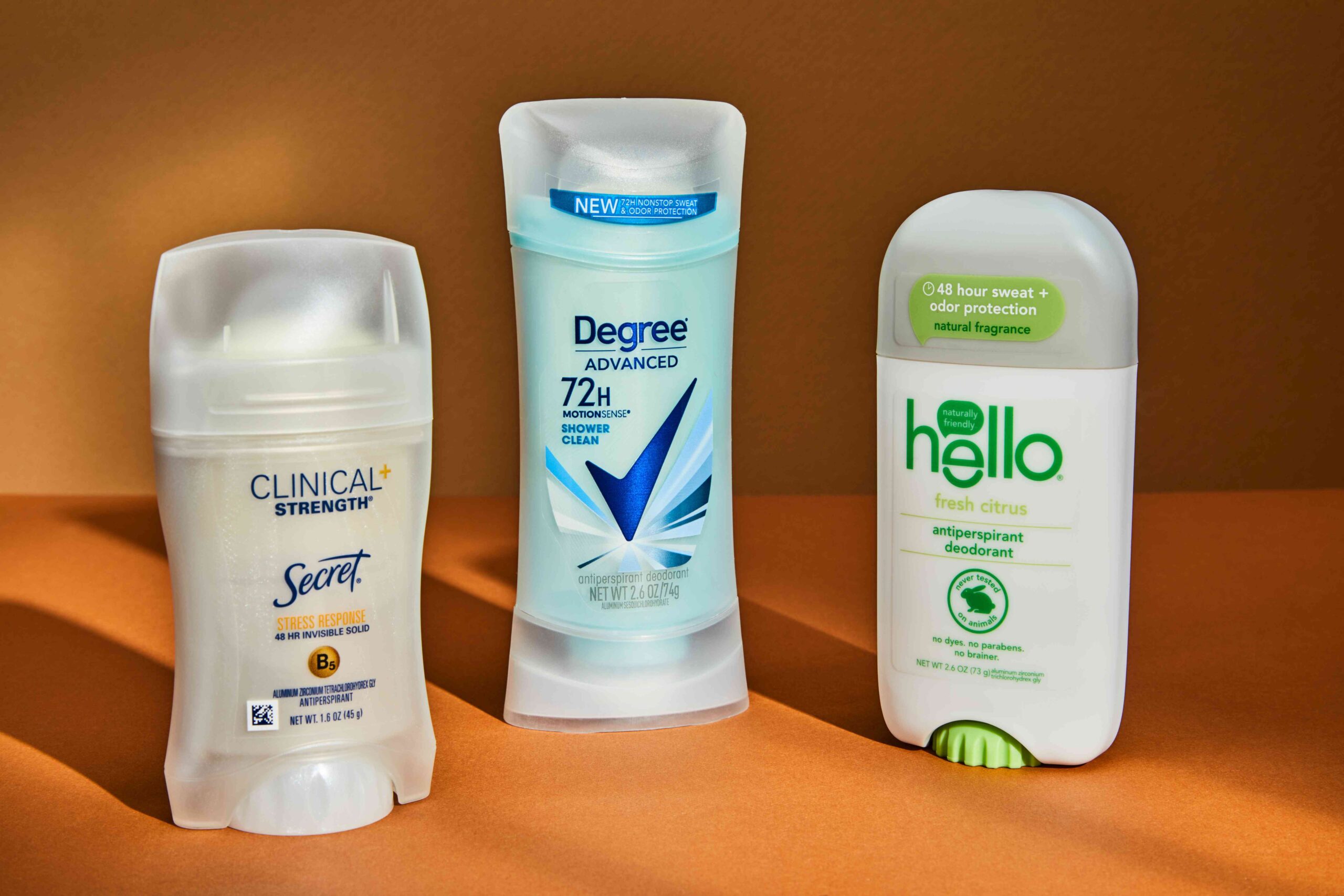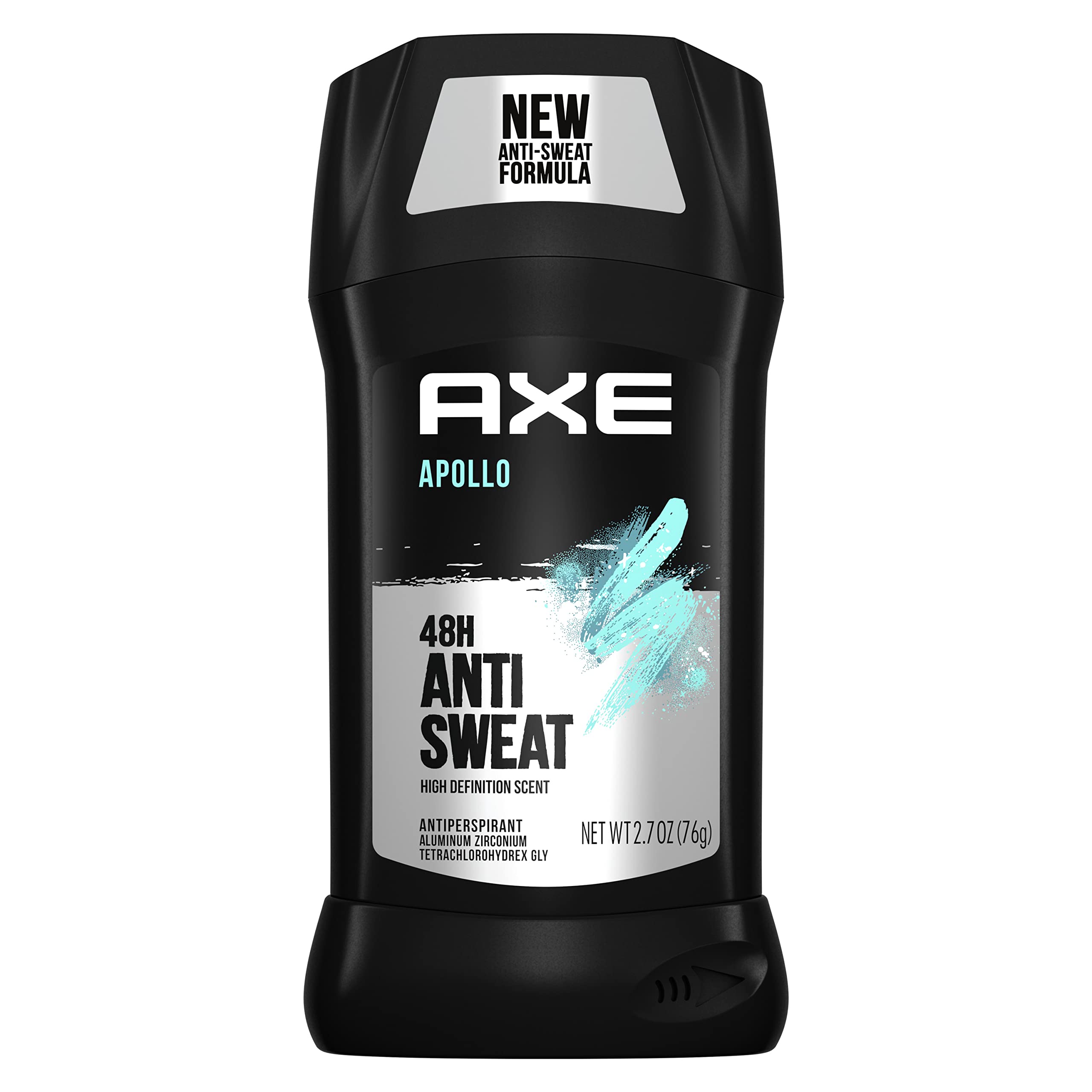Deodorants are designed to combat body odor, providing a fresh scent or neutralizing unpleasant smells. However, for some individuals, applying deodorant seems to exacerbate the very problem it’s meant to tackle. “Deodorant makes me smell worse!” is a surprising but not uncommon lament. Let’s delve into why this happens and how to address it.
The Science of Sweat and Odor
Before discussing deodorants, it’s essential to understand why we sweat and how body odor originates. Our body has two primary types of sweat glands:
- Eccrine Glands: These produce a clear, watery sweat primarily composed of water and salt. This type of sweat is usually odorless and serves to cool the body.
- Apocrine Glands: Located primarily in the armpits and groin, these glands produce a thicker, milky sweat. When the bacteria on our skin break down this sweat, it produces body odor.
Why Might Deodorant Make It Worse?
- Chemical Reaction: Some ingredients in deodorants can react with the natural compounds in your sweat or the bacteria on your skin, producing an unpleasant odor. For instance, the interaction between certain aluminum compounds (used in antiperspirants) and sweat can produce a metallic or sour smell.
- pH Imbalance: Our skin has a natural pH balance. Some deodorants may alter this balance, which can promote the growth of odor-causing bacteria.
- Irritation: Some people might experience skin irritation due to fragrances, alcohol, or other compounds in deodorants. This irritation can increase sweat production as the body responds to cope, thereby potentially intensifying the odor.
- Masking vs. Neutralizing: Some deodorants are designed to mask the odor, while others neutralize it. If you’re using a masking deodorant, it might mix with body odor, creating a different and sometimes more potent scent.
Solutions and Alternatives
- Patch Test: Before applying a new deodorant all over, do a patch test. Apply a small amount on a section of your armpit and observe for a day. This will give you an idea if that particular product reacts adversely with your body chemistry.
- Natural Deodorants: Consider switching to natural or aluminum-free deodorants. These products, often made with ingredients like baking soda, cornstarch, or arrowroot powder, might be less likely to react with sweat or bacteria.
- Maintain Hygiene: Shower daily and ensure your armpits are clean before applying deodorant. Exfoliating the armpit area occasionally can also help in removing dead skin cells that harbor bacteria.
- Adjust Application: Over-applying deodorant can sometimes have the opposite effect. Use just enough to cover the area without layering it on thickly.
- Dietary Considerations: Foods like garlic, onions, and certain spices can contribute to body odor. If you’ve noticed a correlation between what you eat and how you smell, consider making dietary adjustments.
- Consult a Dermatologist: If you’ve tried multiple products and strategies with no success, it might be time to consult a dermatologist. They can provide insights into whether there’s an underlying skin condition or offer recommendations tailored to your skin type and needs.
Conclusion
Body chemistry is unique, which means that a deodorant that works wonderfully for one person might not be suitable for another. Understanding how deodorants interact with your body and being willing to experiment to find the right fit can help ensure that you stay fresh and confident throughout the day.


